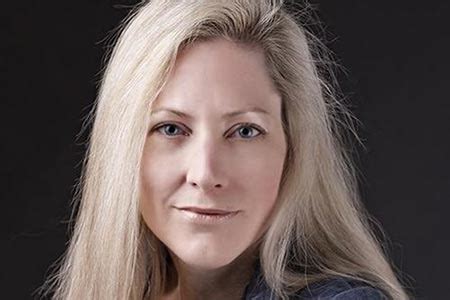A Quote by Ernest Hemingway
Related Quotes
[Buckminster Fuller] started talking about it far enough afterwards, an audience that was far enough from when they - when the air flow and the Zephyr and these cars in the time period that were made by mainstream automakers. It was far enough in the future, far enough after that point that nobody really bothered to fact-check.
I do not view suicide as wicked, just terribly sad. There is only one death, but it is like a stone cast into a pond - the ripples stretch far. Such an act must leave a burden of sorrow, guilt, shame and confusion on an entire family. A natural death, such as my father suffered, is hard enough to deal with. A decision to end one's life must be still more devastating for those left behind. I cannot imagine the degree of hopelessness someone must feel to contemplate such an act.
We are so anxious to achieve some particular end that we never pay attention to the psycho-physical means whereby that end is to be gained. So far as we are concerned, any old means is good enough. But the nature of the universe is such that ends can never justify the means. On the contrary, the means always determine the end.





































